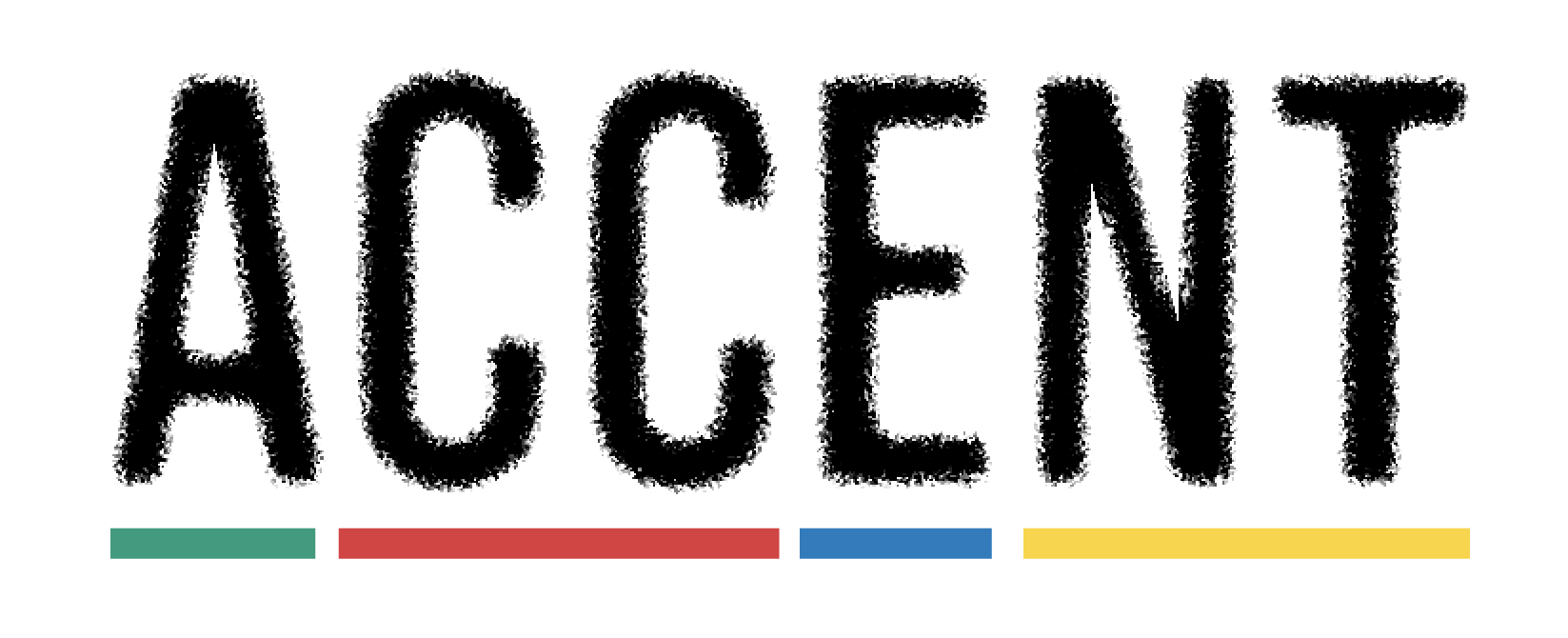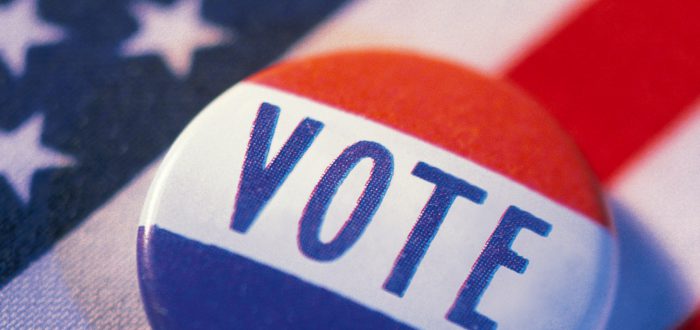Eyes watching, heart racing and nail-biting occurred during the panic-inflicted midterm elections. The thought of Texas classified as a “toss-up state,” according to the New York Times, only amplified the tension. Now that the dust has settled, here is a summary of the 2018 elections.
Written & Video by Nalani Nuylan
Beto v. Cruz
Beto caught Texas by storm. Nobody knew that the El Paso Democrat, Beto O’Rourke, could give the Republican Senator, Ted Cruz, a run for his money.
Originally a businessman, O’Rourke began his career as a politician in the El Paso City Council in 2005. After gaining popularity in El Paso, O’Rourke was elected to join the House of Representatives in 2011.
During the 2018 elections, O’Rourke used social media to gain traction for his campaigns, gaining popularity among youth voters. Also, for the first time in Texas history, O’Rourke visited every county in the state. O’Rourke was advertising a progressive agenda with universal health care, education reform, dream citizen statuses, criminal justice reform and legalizing marijuana.
On the other side of the ballot, Cruz was originally was elected into the United States Senate in 2012. As a former professor at the University of Texas in Austin, Cruz ran for the Senate to replace Republican Kay Bailey Hutchison.
For this past season, Cruz campaigned to Republican voters of older generations, promoting conservative ideologies as well as President Trump, a strong economy, and increased border security.
During the first debate in Dallas on Sept. 22, the two candidates disagreed on every topic asked by the monitor. Cruz dominated most of the debate, providing lengthy opinions on controversial topics while O’Rourke, mostly, remained within the allotted timeframe.
At the end of the debate, the monitor asked the candidates to vocalize what they admired about each other. Both candidates expressed the amount of commitment they had towards their families and for the greater good of the State of Texas.
The Election
As Nov. 6 drew near, early voting opened on Oct. 22 in Texas. More Americans took the early voting advantage this election season. Out of all 28 states that permitted early voting, nearly 36 million people cast their vote. According to the Elections Project, there was an estimate of 116 million voters in the 2018 midterm elections – making it the highest turnout since 1914.
This year’s voter turnout set new records, especially in Texas. Over four million ballots were cast in early voting in the Lone Star State, surpassing the 2014 turnout by three percent, according to The New York Times.
On Election Day, Cruz won against Beto by 2.6 percent for the Senate. Out of the nine elected Representatives for the House, five were Republican. Greg Abbott was elected governor. The majority of the state results came out Republican.
On the national level, Republicans fill the Senate 52 to 47. The House of Representatives is now controlled by Democrats 232 to 201. The Supreme Court leans Republican while the Court of Appeals leans Democrat. In theory, the current political status is purple.
Young Voters
Record numbers of young adults showed up to vote in this year’s midterm elections. “Young People,” by definition, refers to voters from the age 18 to 29: college students, recent college graduates, people trying to establish the career that fits their major. Why the high correlation?
First of all, there’s a reason that voting organizations advertise to young voters burning this past election season. On Sept. 24, a video titled Dear Young People, Don’t Vote was published on YouTube. The video criticized young people not voting by having older generations question and mock a young voters’ reasons for not voting. Currently, the video has over 650,000 views.
Likewise, famous Youtube star Lizza Koshy posted a video encouraging her viewers to vote, regardless of their political views. The video gained over two million views on her channel. Google also encouraged voter registration via a Google Doodle published on google.com.
Why is it that young people don’t vote? According to ACC’s Student Government Association President, Emmanuel Cuevas, the voting system is rigged against university students.
“For one thing, students weren’t taught how to vote,” Cuevas said. “Whenever you are asked ‘What do you think about the Republican or Democratic parties?’ at the age of 18, you think, ‘I don’t really know because I was never taught to think about those kinds of things.’”
Another obstacle is residency. Many young people move from their registered home county to attend a four-year university. This can be difficult, being that some students may not want to travel back to their registered county. However, the government provides free online guidance to registering, checking or changing your voter registration, state by state at usa.gov/register-to-vote.
It’s important to note that young people are the future. This past election, young people in Williamson and Hays counties, which were red, became blue mostly due to the university students living those counties.
“To the students who don’t vote because they don’t want to, or it’s an inconvenience, or because they feel like their votes won’t count, I will have to tell you that you’re wrong,” Cuevas said. “Students have a big voice. If they expressed their opinion, they will see a lot of things change.”
Vote. Make a difference. You have the power to shape the government to better the future.


Comments
449 responses to “Midterm Votes 2018”